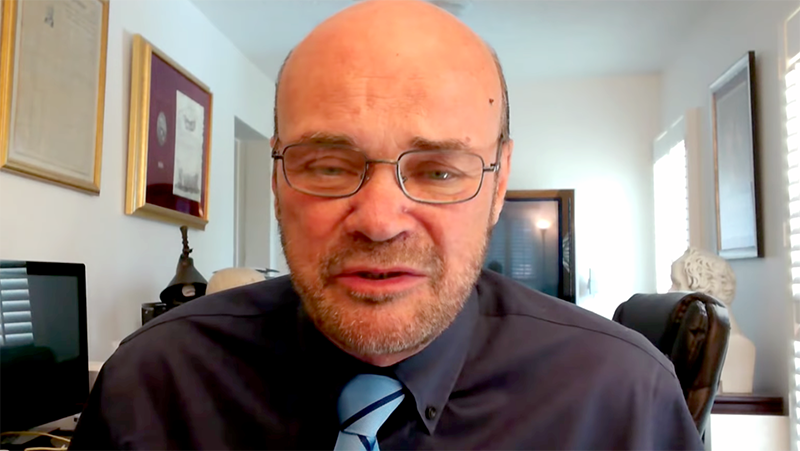Renowned economist Martin Armstrong claims that Cuba has lost a staggering quarter of its population over the past four years due to relentless economic pressure from the United States. Cuba’s survival is now dependent on other superpowers.
Armstrong argues that the island nation is trying to deal with the situation with significant assistance from two global powers: China and Russia. This development is a critical counterweight to a deliberate U.S. campaign to destabilise Cuba.
Armstrong’s piece paints a grim picture of a nation grappling with a severe demographic and economic crisis. He cites mass emigration, triggered by food shortages, blackouts, and soaring inflation, as evidence of Cuba’s dire straits.
Official Cuban statistics, he notes, show Havana alone losing 15% of its residents between 2020 and 2023, a trend he attributes to the U.S. trade embargo and tightened sanctions under recent administrations.
Armstrong highlights a lifeline extended by China and Russia, framing their involvement as a strategic move to thwart American dominance in the region.
”President Miguel Díaz-Canel reached out to Russia, Turkey, Algeria, and China for financial assistance but remains blacklisted by most of the West”. ”Russia and China are Cuba’s last hope for a financial lifeline”.
He points to China’s increasing economic presence in Cuba, including investments in infrastructure and energy, and Russia’s renewed commitment to the island, a throwback to Cold War-era alliances. Armstrong contends that Moscow’s oil shipments and Beijing’s trade deals keep Cuba afloat, suggesting that these interventions are blunting the impact of U.S. sanctions.
The economist does not shy away from critiquing the U.S. approach, calling the embargo “a relic of failed policy” that has only deepened Cuba’s suffering while failing to topple its government.
Cuba’s official narrative aligns with parts of Armstrong’s assessment. Foreign Minister Bruno Rodríguez has repeatedly blamed the U.S. embargo for the country’s woes, claiming it complicates global financial transactions and exacerbates shortages.
His article underscores a shifting international landscape in which Cuba’s survival hinges not just on its own resilience but also on the strategic interests of nations willing to defy U.S. pressure.
Related and source
- Armstrong Economics: Cuba Lost a Quarter of its Population in the Last 4 Years
- Armstrong Economics: Gulf of America
- Armstrong Economics: The United Nations Population Fund – Population Control – Kissinger Report
- Financial Times: How Cuba competes with Uncle Sam in the Caribbean islands


